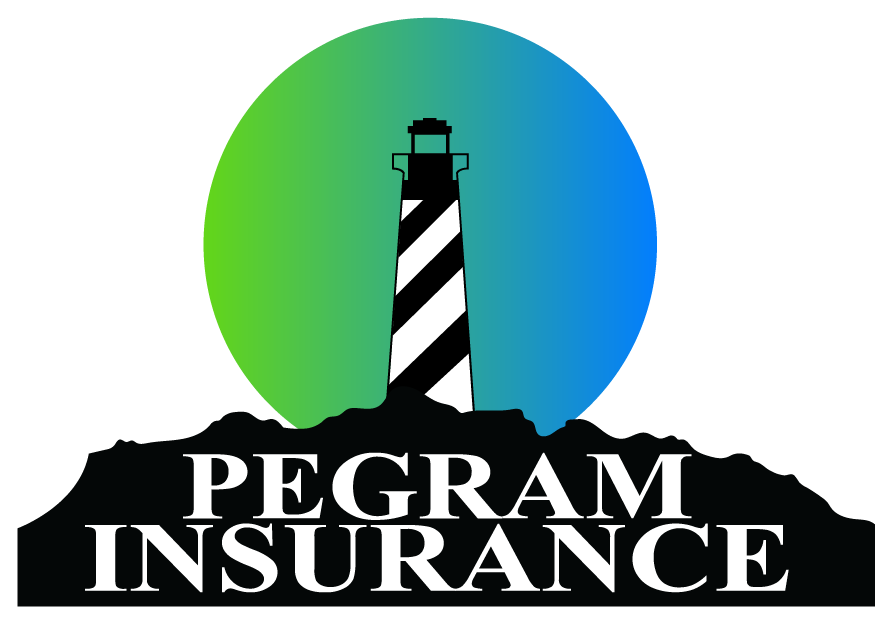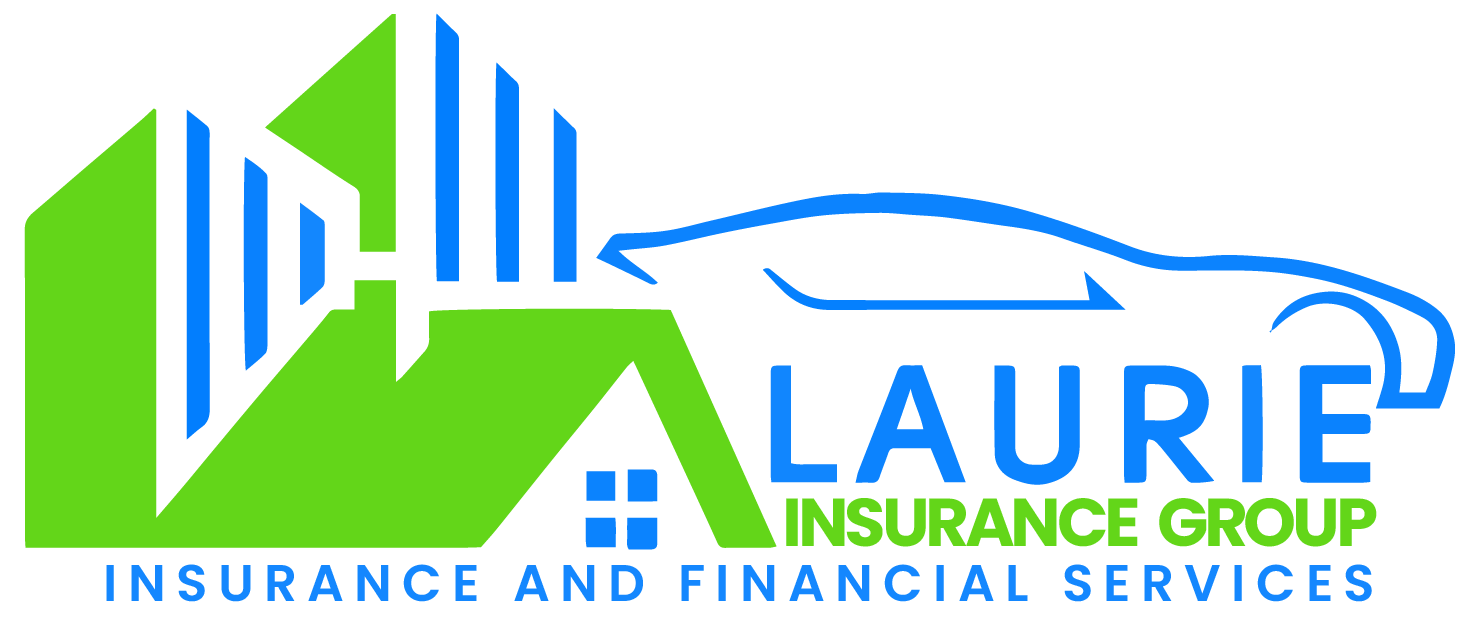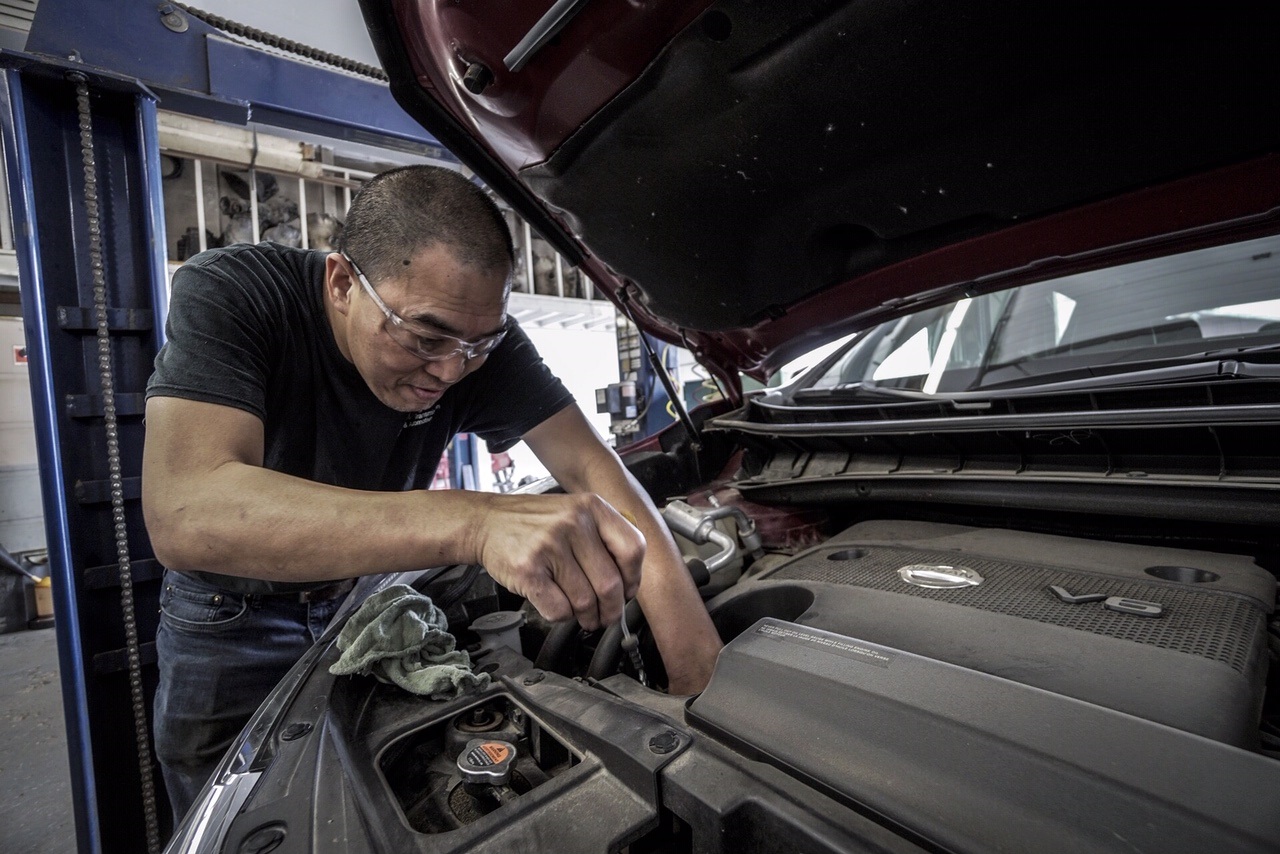
Owner operators are individuals who own their own trucking business. They may operate under their own authority under their own MC number or they may lease on to another motor carrier. We will discuss owner operator insurance coverage types.
If you want your own authority, you will need to apply for this through the Federal Motor Carrier Safety Administration (FMCSA). You will need to prove that you have the minimum liability limits as required by FMCSA and pay a $300 filing fee. You can go to their website to see the steps to apply for your own authority.
If you do haul under your own authority, then you will need to have these required limits of auto liability, including(in some cases) cargo liability, and an active MC number. The proof of insurance, as sent to the FMCSA by your insurance company, are referred to as filings. These filings are delivered to the FMCSA as proof that you have the minimum liability limits.
For those not hauling under their own motor carrier authority, we want to discuss several coverage options for owner operator insurance.
NON-TRUCKING LIABILITY and BOBTAIL LIABILITY
If you decide to lease on to another motor carrier and haul under their authority, then they will carry the primary liability insurance. If this is the case, you still need to have a non-trucking liability insurance policy. This covers you when you are not under dispatch for that motor carrier. Non-trucking liability is also commonly referred to as bobtail liability. This is not accurate. We will discuss the difference later in this article.
The cost is typically much less for this coverage type then truckers liability insurance due to the limited time that coverage come in to play. You do not want to be without this coverage in the event that you are in accident when you are not driving under another carrier’s authority.
PHYSICAL DAMAGE COVERAGE
If you are financing your truck then the lienholder or bank will require you to have physical damage coverage to cover the damage to the vehicle in the event of a claim. This comprehensive and collision coverage will cover those losses.
Even if you are not financing the vehicle, you want to seriously consider this coverage to put you back to where you were before the accident occurred.
CARGO INSURANCE
Cargo insurance covers the load you are hauling. Depending on several factors, the FMCSA may require you to have a certain amount of cargo insurance. Even if this isn’t required by the FMCSA then you may be required to have it by the contract you are in with the motor carrier. There are various coverage and deductible options for cargo insurance. You will need to explore these options versus the requirements you may have along with what suits your needs.
TRUCKER’S GENERAL LIABILITY
Trucker’s general liability or motor truck general liability covers losses to property damage or bodily injury due to your negligence, not related to operating your truck. This is the least common coverage type of those discussed but you may have a contract requirement that would cause you to purchase this insurance.
The expense of this policy is generally much cheaper than the other coverage types so you should consider purchasing this policy even if it is not required, to protect yourself from any coverage gaps.
WHAT IS THE DIFFERENCE BETWEEN NON-TRUCKING LIABILITY AND BOBTAIL LIABILITY
Non-trucking liability typically comes into play when you are using your truck for any personal use whatsoever. If you are involved in a large accident then it will be up to the insurance carriers, and in some cases, the courts to determine who is responsible for paying for the damages. The motor carrier you are hauling for would be responsible for the liability while you are driving under their authority. It is also in the opinion of the court in many instances that they would also be responsible for liability losses during your drive home.
Bobtail liability will cover you when you not hauling a load or trailer. If you drop off a load for one carrier and you are on your way to pick up a load for another carrier, this is when your bobtail liability would come into play.
The FMCSA will not require you to have non-trucking liability or bobtail liability since you are not under motor trucking authority. Many contracts will also not require this coverage from you since they are only responsible when you are hauling for them. This leaves the choice up to you. Since you own your truck, when there is a loss you will be responsible. When a loss occurs while driving a large truck, the loss amount can be significant and could cripple you and your business financially. Don’t wait until after the loss to consider this very important coverage.
Trucking can be a very lucrative career and the need for this industry doesn’t seem to be going away anytime soon. The start-up of a trucking company can be a daunting task. The insurance part of that start-up is probably one of the most common areas of confusion to new businesses and trucking veterans alike. We realize this and have therefore put a trained staff in place to help you with any questions. Please contact us at 704-494-9495 for any help with these topics.
Contact Us!
For quotes or questions, fill out the form below and one of our agents will be in touch shortly!




